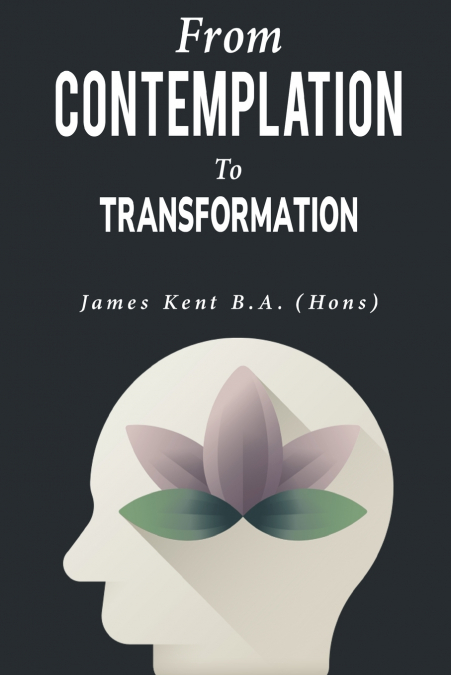
 Librería Desdémona
Librería Desdémona
 Librería Samer Atenea
Librería Samer Atenea
 Librería Aciertas (Toledo)
Librería Aciertas (Toledo)
 Kálamo Books
Kálamo Books
 Librería Perelló (Valencia)
Librería Perelló (Valencia)
 Librería Elías (Asturias)
Librería Elías (Asturias)
 Donde los libros
Donde los libros
 Librería Kolima (Madrid)
Librería Kolima (Madrid)
 Librería Proteo (Málaga)
Librería Proteo (Málaga)
The relationship between history and myth suffers from an ambiguity from which a philosophical project emerges. This thesis deals with the philosophical potential of this ambiguity. Homer, who in some important sense represents, if not the beginning, then a beginning, casts a shadow under which the West continues to labour. If this is the case, then Herodotus, the ’father of history’, embodies a peculiar moment in that legacy. Herodotus’ reception and illumination of the myths of the Mediterranean, for which he was largely ridiculed for the better half of two millennia (a ridicule that emerged largely out of the rise of philosophical consciousness) has made the problem of the relation between history and myth exceedingly difficult to grasp. If, however, as I argue, the ambivalence of this relation is both necessary and in some sense inescapable so as to be philosophically illuminating, the goal is, then, not to reconcile these two concepts (and indeed to highlight the impossibility of doing so), but to articulate the possibilities that emerge from the exploration of that very ambivalence. This will be done through an exploration of the philosophy of R. G. Collingwood (1889-1943), whose philosophy (at times difficult to locate within a school or tradition) will be triangulated via thinkers who have wrestled with the problem of history and myth, namely Herodotus, Giambattista Vico and Siegfried Kracauer. These confrontations not only allow Collingwood to emerge as a genuine and original philosopher of history in his own right, but also embody a unique insight into the philosophical interest in history and myth itself